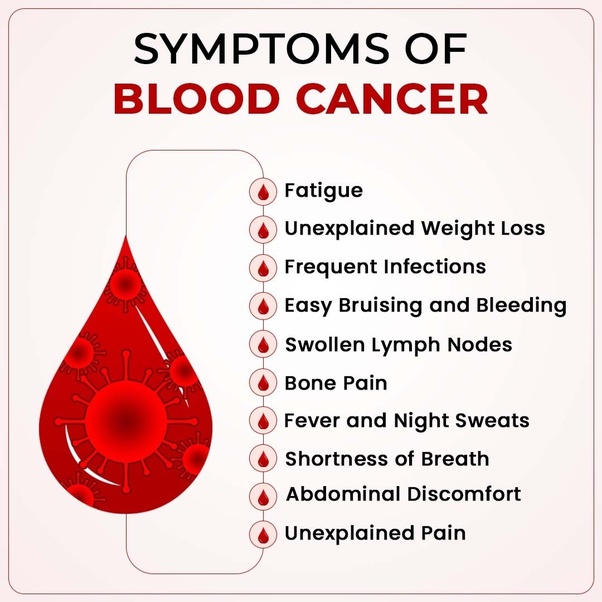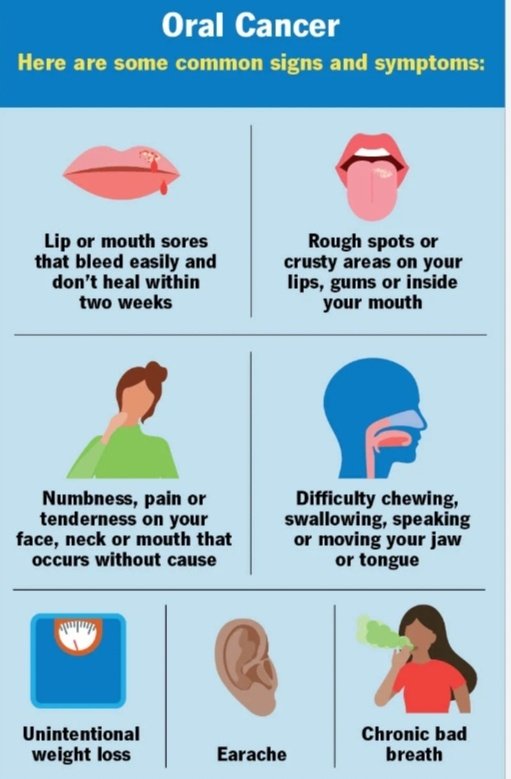is heel pain: a sign of cancer
is heel pain: a sign of cancer: Don’t ignore that mysterious heel pain – it might just be a surprising cancer symptom!
Heel pain is something that many people experience at some point in their lives. Whether it’s due to wearing uncomfortable shoes, overuse, or a common condition like plantar fasciitis, it’s often easy to dismiss and assume it will resolve on its own. However, what if heel pain could actually be indicative of a more serious underlying health condition, such as cancer? In this article, we will delve into the potential connection between heel pain and cancer, exploring the warning signs, types of cancer involved, and the importance of seeking medical attention.
Table of Contents
Understanding Heel Pain
Heel pain is typically experienced as discomfort or an ache in the underside or back of the heel. It can range from mild to severe and may be accompanied by swelling or redness. The most common causes of heel pain include conditions such as plantar fasciitis or Achilles tendinitis, which are usually treatable and not linked to cancer.
Recognizing the Red Flags
While most cases of heel pain are not a cause for concern, it’s important to be aware of the signs that may indicate a potential cancer-related issue. If you experience any of the following symptoms in conjunction with heel pain, it’s advisable to consult with a healthcare professional:
- Unexplained swelling in the affected area
- Persistent pain or tenderness, not improving over time
- Worsening pain despite conservative measures
- The presence of a lump or mass in the heel region
Types of Cancer Associated with Heel Pain
While it’s essential to remember that cancer-related heel pain is relatively rare, there are a few cancer types that have been known to manifest in this unusual way. Bone cancers such as osteosarcoma or chondrosarcoma have the potential to cause heel pain, as do some soft tissue sarcomas like fibrosarcoma or synovial sarcoma. Additionally, metastatic cancer originating from other sites, such as the lung, kidney, or breast, can also lead to heel pain.

Seeking Medical Intervention
If you are experiencing persistent or concerning heel pain, it is crucial to seek medical attention. Schedule an appointment with your primary care physician or a specialist who can evaluate your condition further. They may perform a thorough examination and recommend additional tests to determine the underlying cause of your heel pain.
Imaging tests, including X-rays and MRI scans, can help visualize any abnormalities in the affected area. In some cases, a bone scan may be ordered to detect any signs of bone destruction or tumor growth. A biopsy may also be necessary to confirm a cancer diagnosis and determine the best course of action.
Treatment and Prognosis
The primary focus of treatment for cancer-related heel pain is to address the underlying cancer and alleviate symptoms. The specific treatment modalities used will depend upon the type and stage of cancer diagnosed. Possible treatment options may include:

- Surgery: To remove tumors or affected tissue
- Chemotherapy: Medications used to kill cancer cells throughout the body
- Radiation therapy: Targeted radiation to shrink tumors and reduce pain
- Targeted therapy: Drugs designed to target specific genetic mutations in cancer cells
- Pain management techniques: Various methods, including medications or physical therapy, may be employed to alleviate pain and improve quality of life
It’s crucial to note that the prognosis for cancer-related heel pain varies depending on several factors, including the type and stage of cancer, as well as the individual’s overall health. Early detection and prompt treatment can significantly improve outcomes, so it is essential to consult with medical professionals and follow their recommendations diligently.
In Conclusion
While heel pain should not immediately raise concerns about cancer, it’s crucial to be mindful of any persistent or unusual symptoms. Most cases of heel pain are attributed to less severe conditions like plantar fasciitis or Achilles tendinitis. Nevertheless, if you experience red flags such as unexplained swelling, persistent or worsening pain, or the presence of a lump or mass, it’s vital to consult with a healthcare professional for a proper diagnosis and appropriate treatment.
Remember, this curated article aims to provide valuable information, but it is essential to consult with medical professionals to obtain accurate diagnoses and personalized care. By being vigilant about our health and seeking prompt medical attention when necessary, we can navigate through potential health concerns and maintain our overall well-being.







